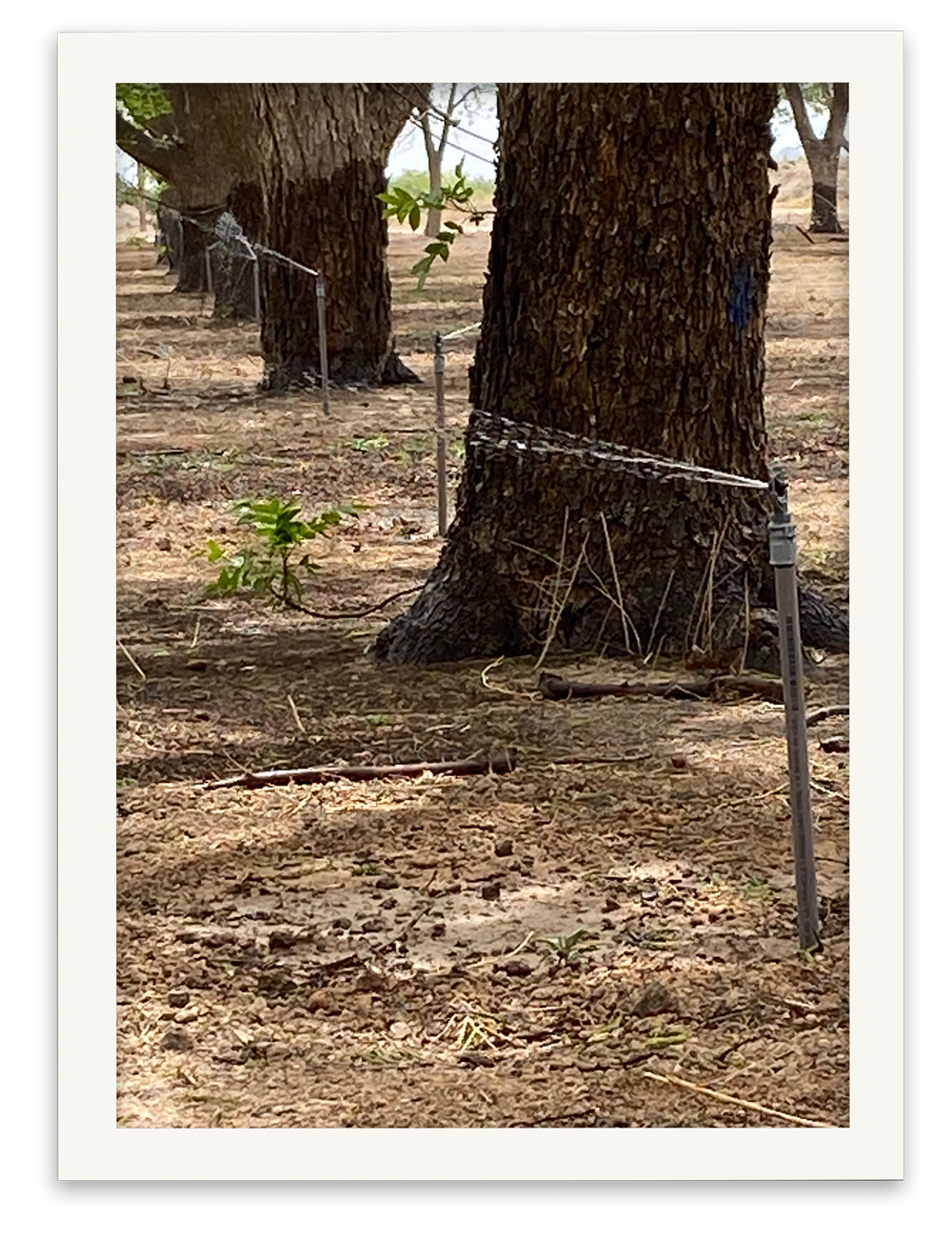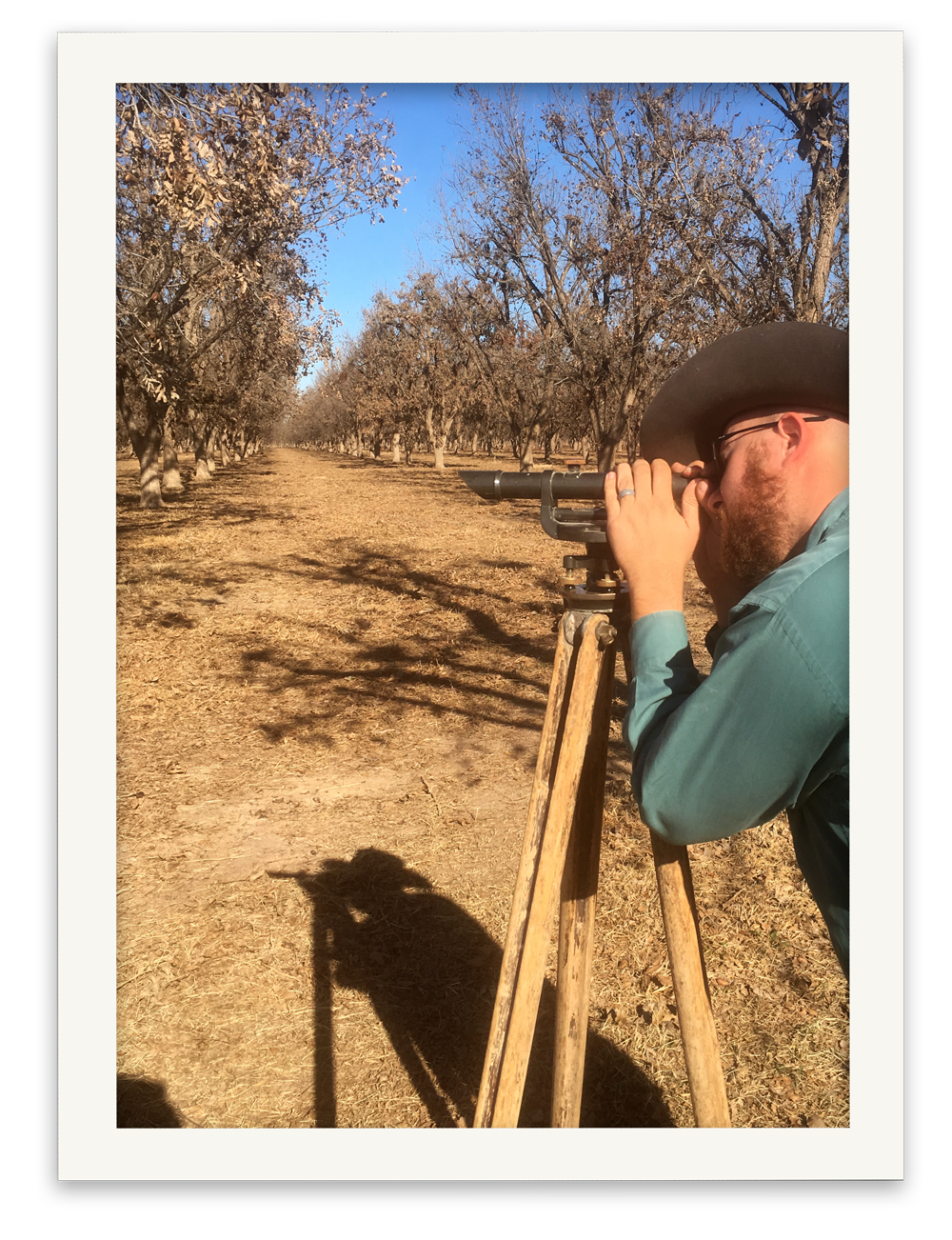Water Conservation
As an irrigated orchard, water is a critical and necessary component of our operation. We strive to use it as efficiently as possible for financial, environmental and conservation reasons.
We are committed to the following water conservation principles:
- Ensuring the fair use of the water for agriculture, municipalities and the environment.
- Sustainably managing the aquifers that the farm depends on for its livelihood.
- Restoring Fort Stockton’s iconic Comanche Springs to year-round flow.
We believe that Comanche Springs’ flow is critical for sustainable management of the Fort Stockton region’s groundwater resources.
In addition, Belding Farms supports the principle of private property rights to groundwater, including groundwater in place.
Belding Farms operates 11 groundwater wells - 6 in the Edwards-Trinity Aquifer, 4 in the Rustler Aquifer and 1 in the Capitan Aquifer.
To lower water usage, maintain orchard growth and production, and increase efficiency, Belding Farms has invested heavily in water conservation measures.
Water is one of our three precious resources, in addition to soil and sun.
Some of our key conservation measures include:
- Low-evaporation sprinkler trial initiated in April 2022 to determine effectiveness of the irrigation method on yield, labor and water conservation. The trial is a collaboration with Texas Water Trade, a nonprofit water-conservation organization that facilitates water efficiency through market-based techniques.
- Land leveling using state-of-the-art technology in orchard blocks to hold water longer and keep it from running off.
- All irrigation wells and pump engines designed for optimal water depth and production volumes to make wells more efficient.
- All Irrigation canals lined with concrete and underground pipelines constructed to reduce water loss through seepage.
- Water elevations for all wells in the aquifers measured on monthly basis.
- Water wells equipped with meters for measuring real-time water production and calculating cumulative water production.
- Soil moisture probes used to monitor moisture levels and to aid in scheduling irrigations..
These efforts have been taken in coordination with the Natural Resources Conservation Service of the U.S. Department of Agriculture.

Low-evaporation sprinklers spray large droplets from risers in a trial designed to more effectively irrigate the pecan trees.

Belding Farms General Manager Zachary Swick checking the land slope before starting to irrigate.

